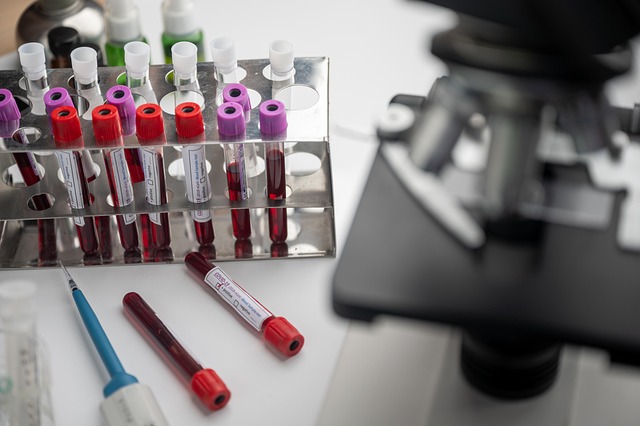Navigating Sensor Data: The Role of Version Control in Healthcare Innovations
The rapid evolution of healthcare innovations has significantly transformed how we approach patient care, diagnostics, and treatment. One of the most promising developments in this field is the rise of sensor technology, which has led to breakthroughs in real-time health monitoring, personalized medicine, and data-driven decision-making. However, with the immense potential of sensor data comes the critical challenge of ensuring accuracy, security, and traceability. This is where version control plays a pivotal role.
As healthcare professionals increasingly rely on sensor data, maintaining the integrity of this information becomes paramount. Each sensor captures a multitude of data points—from heart rate and blood pressure to glucose levels and activity patterns. With so much data being collected and analyzed, it’s essential to have systems in place that not only manage these large datasets but also track changes over time. This is where version control comes into play.
Version control provides a systematic way to handle changes in data sets and software applications used to analyze this data. It allows researchers and healthcare practitioners to document the evolution of sensor data, track updates, and revert to previous versions if necessary. This capability is crucial in a field where a small error in data interpretation can lead to significant consequences for patient care.
Moreover, version control enhances collaboration among multidisciplinary teams. In healthcare innovations, it is common for experts from various fields—data scientists, physicians, and engineers—to work together. By implementing version control systems, these teams can work concurrently on projects without the fear of overwriting each other’s contributions. This not only streamlines workflows but also fosters an environment of innovation and creativity.
In the context of healthcare, where data sensitivity and patient privacy are of utmost importance, version control also offers an essential layer of security. With strict regulations surrounding patient data, maintaining a clear history of modifications is vital for compliance. Version control ensures that every change is documented and can be audited, thus protecting both the data and the integrity of the patient care process.
The true power of sensor data lies in its potential to improve health outcomes, streamline patient management, and enhance our understanding of various health conditions. As we navigate this landscape, the implementation of robust version control systems will be a key enabler of success. By embracing these systems, healthcare innovators can harness the full potential of sensor technology while ensuring that patient care remains at the forefront.
As we move forward in this exciting era of healthcare innovation, it is essential to recognize the importance of managing our ever-growing amounts of sensor data responsibly. Version control not only aids in preserving data integrity but also catalyzes collaboration and innovation in the health sector. This commitment to data stewardship will ultimately empower healthcare professionals to make informed decisions that enhance patient care and deliver better health outcomes for all.




